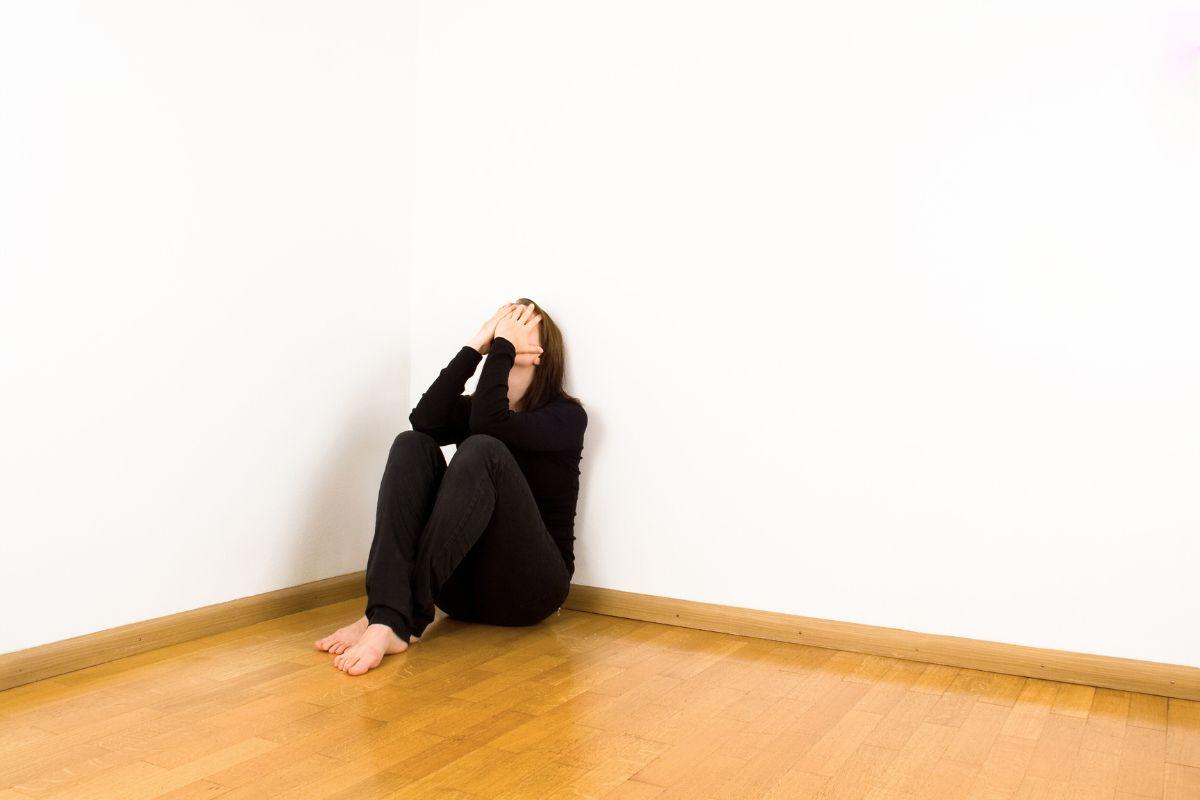Written by Mr Navin Verghese
Back pain. The scourge of the sedentary office worker, it can become debilitating if not treated correctly. But what about when that pain spreads from your back all the way down your leg? According to Orthopaedic Surgeon Mr Navin Verghese, you might have sciatica.
Find out more about the condition and how to treat it below.
What is sciatica?
Sciatica refers to pain caused by problems with the sciatic nerve or components of it. It is a term used and misused very commonly in general conversation to describe backache. However, true sciatic radiates from the lower back to the buttock , leg and as far as the foot in severe cases.
There are a number of causes of sciatica the most common being herniated (or “slipped”) discs in the lumbar spine (the lower back region) or lumbar spinal stenosis (“wear and tear”) pinching the nerves.
What are the symptoms?
The primary symptom is pain radiating down the back of the leg past the knee. This may be associated with pins and needles in patches of the leg and foot and less commonly (but more seriously) with weakness of the leg muscles, in particular those involved with ankle movements. In very severe cases the pain can radiate down both legs, cause numbness around the private parts and rarely result in bladder and bowel dysfunction.
Who is most likely to suffer from it?
This depends on the cause of the sciatica. “Slipped discs” tend to affect younger to middle aged adults. Spinal stenosis on the other hand tends to be reserved more to the over 60s.
The risk factors for sciatica have been heavily researched for decades. We know there is an association with manual labourers, possibly those with exposure to whole body vibration tools, as well as smoking, obesity and inactivity.
What are the treatment options?
Generally it goes away on its own from 6-12 weeks. The key is to keep active. Early on physiotherapy can help with core stability exercises. Painkillers can be used to aid keeping active.
If the pain doesn’t settle you may be referred for an MRI scan to pin point the cause and depending on this a spinal injection may be suggested to help calm the pain.
If the pain still doesn’t improve spinal surgery may be the answer. Again the type of surgery depends on whether the cause is stenosis or a slipped disc but the principles are the same i.e. remove the pressure from the nerve root. In rare cases involving weakness to the leg/s and/or bladder/ bowel disturbance, you may require surgery much sooner. The good news is that even if you do require surgery, it is generally 80-90% successful at improving the sciatica.
Are there any tips for avoiding it?
There are risk factors which are out of our control such as being male and our genes. But avoiding smoking, reduce our weight and keeping generally active (in particular general core exercises) should reduce the likelihood of sciatica.
If you are unlucky and develop sciatica the main aim is to ensure you act in a way which minimises its impact and allows it to settle without needing the input of a spinal surgeon.
- Keeping active
- Working on your core
- Being sensible with manual activities
- Good posture
- Phasing back to work as soon as possible but in a sensible fashion
Are there any adjustments you can make in daily life to improve it?
One should keep active, watch one’s diet to avoid obesity, generally work on the core muscles to off load the spine, be mindful of occupational hazards such as extreme bending, twisting and lifting – if this is an issue ensure correct posture and core stability exercises to minimize the impact.
There is some evidence which suggests walking or cycling to work can reduce the risk of sciatica also.




